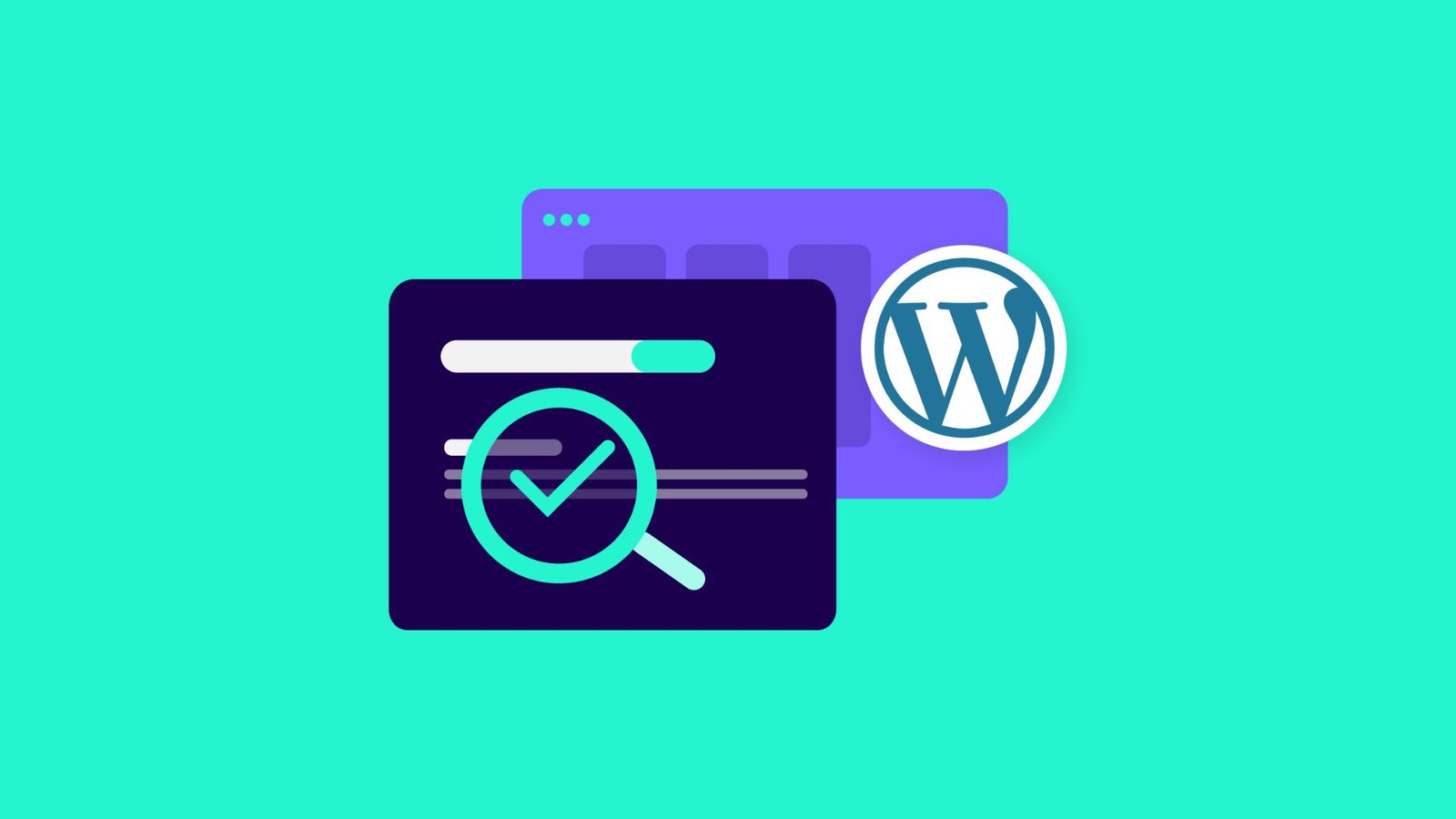If you’re looking to improve your website’s visibility, optimizing WordPress for SEO is essential. With the right strategies, you can enhance your site’s search engine rankings and attract more visitors. Here’s a comprehensive guide to help you optimize WordPress effectively.
1. Choose a Reliable SEO Plugin
One of the first steps in optimizing WordPress for SEO is selecting a reliable SEO plugin. Plugins like Yoast SEO or Rank Math offer powerful features to help you manage your site’s SEO settings. These plugins provide tools for optimizing meta titles, descriptions, and sitemaps, making SEO tasks easier.

2. Optimize Your Permalinks
Permalinks are the URLs for your posts and pages. To make them more SEO-friendly, include keywords and avoid using default settings. Go to Settings > Permalinks in your WordPress dashboard and choose a structure that includes the post name. This helps search engines understand the content of your pages better.
3. Use a Responsive Design
Search engines favour mobile-friendly websites, so ensure your WordPress site is responsive. A responsive design adapts to different screen sizes, improving user experience and boosting your SEO. Many WordPress themes are already mobile-responsive, but always test your site on various devices.
4. Optimize Images
Large images can slow down your site, affecting SEO. To optimize images, compress them before uploading and use descriptive file names and alt tags. Plugins like Smush or EWWW Image Optimizer can help automate this process, ensuring your images are SEO-friendly.
5. Improve Page Load Speed
Page load speed is a crucial factor in optimizing WordPress for SEO. A slow-loading site can lead to higher bounce rates and lower rankings. Use caching plugins like W3 Total Cache or WP Super Cache, and optimize your site’s performance by minimizing HTTP requests and using a content delivery network (CDN).
6. Create High-Quality Content
Content is key to SEO success. Ensure your WordPress site features high-quality, relevant content that provides value to your readers. Use targeted keywords naturally and avoid keyword stuffing. Regularly update your content to keep it fresh and engaging.
7. Build Internal Links
Internal linking helps search engines understand the structure of your website and keeps visitors engaged. Link to related posts and pages within your content to improve navigation and distribute page authority across your site. This is a simple yet effective way of optimizing WordPress for SEO.
8. Optimize Meta Descriptions and Titles
Meta descriptions and titles play a significant role in SEO. Use your SEO plugin to craft compelling meta titles and descriptions that include relevant keywords. Make sure they are unique for each page and post, as they influence click-through rates from search engine results.
9. Utilize Schema Markup
Schema markup helps search engines understand your content better and can enhance search visibility. Implement schema markup on your WordPress site to provide additional information about your content. Plugins like Schema Pro can simplify this process.
10. Set Up an XML Sitemap
An XML sitemap helps search engines index your site more efficiently. Most SEO plugins can generate an XML sitemap for you.
11. Manage Your Site’s SEO with Google Search Console
Google Search Console is a powerful tool for optimizing WordPress for SEO. It provides insights into your site’s performance, identifies issues, and offers recommendations for improvements. Regularly check your Search Console account to stay updated on your site’s SEO health.
12. Optimize for Local SEO
If you run a local business, optimizing for local SEO is crucial. Include your business address, phone number, and local keywords in your content. Use plugins like Yoast Local SEO to help manage your local SEO efforts.
13. Enhance User Experience
A positive user experience can indirectly impact your SEO. Ensure your site is easy to navigate, with a clear menu and intuitive design. Improve readability by using headings, bullet points, and short paragraphs. A well-designed site keeps visitors engaged and encourages them to stay longer.
14. Monitor and Analyze Your SEO Performance
Regularly monitor your SEO performance to understand what’s working and what needs improvement. Use tools like Google Analytics and SEO plugins to track your rankings, traffic, and user behaviour. Analyze this data to make informed decisions about your SEO strategy.
15. Stay Updated with SEO Trends
SEO is constantly evolving, so it’s essential to stay updated with the latest trends and best practices. Follow SEO blogs, attend webinars, and join online communities to keep your knowledge current and adapt your strategy accordingly.
Conclusion
Optimizing WordPress for SEO involves a combination of technical adjustments and content strategies. By following these tips, you can enhance your site’s visibility, improve user experience, and attract more visitors. Implement these practices to ensure your WordPress site ranks well in search engine results and delivers value to your audience.




